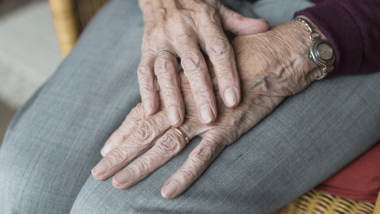The rising number of deaths in Canada by euthanasia and assisted suicide have “quickly become normalised”, The Lancet has reported.
Writing in the prestigious medical journal, Paul Webster interviewed critics including Professor Trudo Lemmens of the University of Toronto about the country’s expansion of so-called Medical Assistance in Dying (MAID).
Canada legalised euthanasia in 2016, but has already scrapped the requirement for a person to be terminally ill and will extend it to those deemed to have mental illness from 2023.
‘Worryingly high’
Professor Lemmens said: “What was originally conceived as an exceptional practice in medicine has quickly become normalised. Even before the law is set to be expanded to include mentally ill patients, we already have worryingly high numbers of people dying”.
He highlighted that after the requirement to be terminally ill was scrapped in March 2021, the number of Canadians who were killed by euthanasia and assisted suicide rose by 34 per cent in the rest of that year.
A parliamentary review is currently being conducted on the impact in areas such as paediatrics and palliative care.it’s becoming easier to get death than treatment
Alex Schadenberg, Executive Director of the Euthanasia Prevention Coalition, lamented that Canada has created a situation where “it’s becoming easier to get death than treatment”.
Mental health
Earlier this year, Canadian police launched an investigation into the assisted suicide of a 61-year-old woman after her daughters said she was not able to provide consent due to her mental health.
Donna Duncan suffered concussion from a car accident in February 2020, which led to her gradual physical and mental decline until her death in October last year. Her doctor had refused her assisted suicide application, saying her “mental health really needs to be treated”, but it was subsequently granted by other practitioners.
Her death was scheduled for just two days later. In contrast, her daughter Christie Duncan said it had taken “months and months” for her to access treatment for complications resulting from the accident.
Canada: Experts warn against even weaker euthanasia laws
Church of England ‘adamantly rejects’ assisted suicide
Scottish Parliament to consider ‘very dangerous’ assisted suicide proposals


